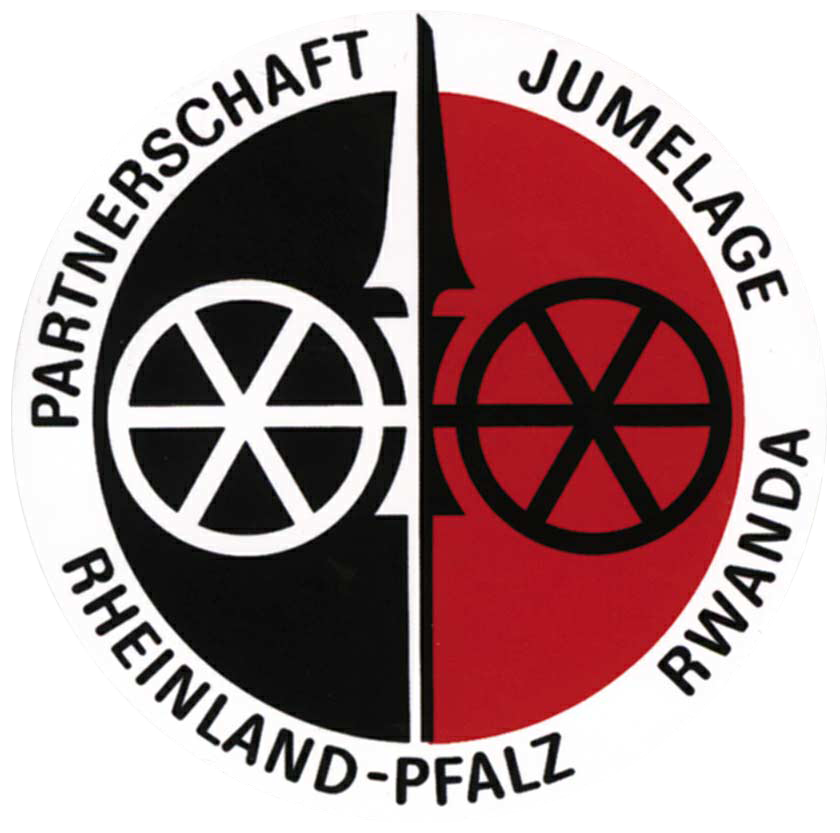Jean-Claude Kazenga
Personal- und Logistikmanager im Koordinationsbüro
Jean-Claude Kazenga
Human Resources and Logistics Manager at the coordination office

Jean-Claude Kazenga has become an integral part of the partnership between Rhineland-Palatinate and Rwanda, being among the first staff members of the coordination office since 1986 until his retirement in August 2021. He has observed many changes and highlights throughout the years.
What role did the partnership play during and after the genocide against the Tutsi in 1994?
For me personally, the partnership meant protection since I was able to hide in the office for three months with the support of associated colleagues.[1] The then director and his wife fled to Germany via Burundi, but after Kigali was liberated on 4 July 1994, they were among the first to return: on 25 July, the office took up its work again. At that time, we focussed on supporting the reopening of schools by delivering materials, constructing classrooms and initiating sponsorship programmes to cover school fees. In addition, our construction projects helped to restore public infrastructure, especially for connecting households to running water.
How did your tasks and the focus of the partnership change over time?
When I started working at the office, I was responsible for customs since many (used) goods were being delivered from abroad. This, however, changed after the genocide when we started to work with clearance agencies. So, my responsibility shifted towards accounting. Over time, we started to implement more and more projects, leading us to gradually extending the office: after the introduction of the construction department in the mid-90s, it only took about one year to open the school and social departments, as well. Furthermore, after the administrative reform, the level of Rwandan partners changed from communes towards districts and sectors. Overall, there used to be more delegation visits and (physical) exchange between cultural groups as well as schools. Today, however, many Rwandans lack information about the jumelage – thus, it is our task to organise meetings and raise awareness among the public.
Which was one of your personal highlights related to the partnership?
In 2007, I was part of a Rwandan delegation, including our then prime minister, visiting our friends in Rhineland-Palatinate to celebrate our 25th anniversary with a dance ceremony. We also organised events in Mainz for which we prepared traditional Rwandan food.
Which wishes and ideas do you have for the future of our partnership?
Setting joint priorities and exchanging on a strategic political level is particularly important. Therefore, we should strengthen the work of the “joint commissions”, bringing together ministerial representatives from both sides every five years with an intermediary session after 2,5 years. Consolidating these commissions would acknowledge and reinforce the responsibility of the Rwandan authorities. In addition, we should also reflect on extending our focus towards new areas of cooperation, for instance in the field of commercial exchange.
[1] For the full story (in German), please read Jean-Claude’s account in the Ruanda Revue 1/2014, pp. 21-22.
 Partnerschaftsverein Rheinland-Pfalz/Ruanda e.V.
Partnerschaftsverein Rheinland-Pfalz/Ruanda e.V.